Last Updated on 2025-06-24 by a-indie
Conveying Resistance and Hope Through Music
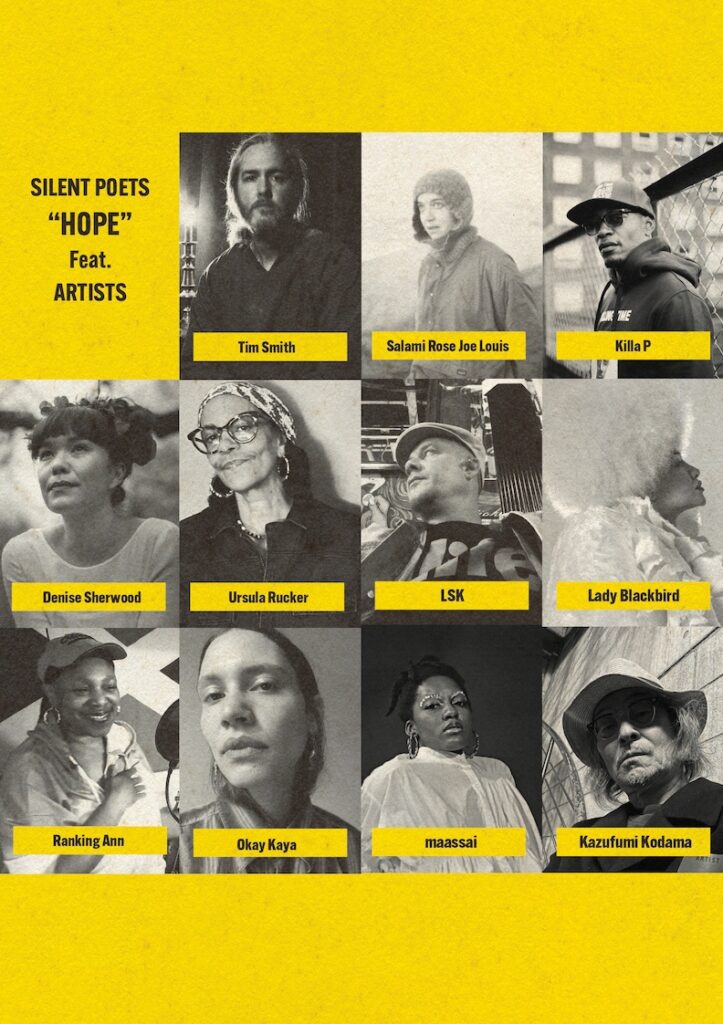
“Struggle” with Feelings for Gaza
-Tomohiro Yabe: “Struggle” uses voice samples from Amal, a singer residing in Gaza. This was realized through your encounter with Marihiko Hara, but please tell us about your reason for using her voice and the message you put into this song.
Michiharu Shimoda: Shortly after starting album production, the genocide in Gaza began. I thought this was long-standing unjust occupation, apartheid policy, and clear genocide and ethnic cleansing. In such circumstances, as something I could do, while participating in demonstrations, signing petitions, donating, and posting on SNS, I started receiving messages directly from Gaza residents. I continue exchanging messages now. In that flow, I met musician Hara-san who was doing similar activities, and he provided me with vocal data from Amal’s family that he had received for charity music production. I was also just then creating a track for this song themed on Gaza, as I didn’t want to remain silent as an artist about this inhumane act that occurred during production, and I was hoping to include voices and songs from those directly affected. And coincidentally, the vocals and track matched exquisitely. Furthermore, trumpeter Kazufumi Kodama, who is also my spiritual mentor and continues to advocate for Palestinian liberation, participated. This song expresses the sadness, suffering, and anger of being forced to resist and fight to protect their homeland and dignity against long-standing unjust occupation and violence. Not in the sense of promoting retaliation or violence, but Struggle as a resistance movement.
Feelings Behind Donating Part of Proceeds
-Tomohiro Yabe: You’re donating part of this work’s proceeds to “Doctors Without Borders,” but please tell us about the reasons for this decision and the feelings you put into it.
Michiharu Shimoda: Through direct communication with Gaza residents, the problems of food and medical care came through painfully, and while I personally support a limited number of people, there are limits to both the number of people and continuing it. Of course, the proceeds from SILENT POETS’ scale might be minimal, but I thought it was necessary to inform as many people as possible about the act of donating and to get them interested. I hope others will follow. I donated to “Doctors Without Borders” during the Ukraine conflict and in the early stages of Gaza, and I was very impressed by their activities. I chose them because I trust them and think they have immediate effectiveness.
Album Title ‘HOPE’
-Tomohiro Yabe: Please tell us about your reason for making the album title ‘HOPE’ and the meaning you put into this title.
Michiharu Shimoda: Pandemics, conflicts, massacres, political distrust, climate crisis, discrimination, hate – things that make everyone lose hope continue to happen one after another. In such circumstances, even in daily life, each person must live while carrying various problems. I myself have lived through anger, sadness, and great stress these past few years, though of course there were also joys. What I felt there was that no matter how difficult the situation, you must not abandon hope. You must not give up on yourself or society. Even when things don’t go as planned and it’s tough, you have no choice but to move forward step by step with hope. Of course, for everyone and to encourage myself, I dared to choose this overused word “hope.” At this age, I’ve finally become able to naturally say words like “hope” and “courage” directly, which I thought were embarrassing when I was young.
To Those I Want to Deliver This Album to Now
-Tomohiro Yabe: What kind of people do you want to listen to this album ‘HOPE’?
Michiharu Shimoda: If they’ll listen, I welcome anyone. And overlapping with the previous question, I see the faces of people in difficulty, people with problems, people fighting something, people about to give up on themselves and society. This might apply to most people to a greater or lesser extent. Also, I think it’s a work that can be enjoyed purely as music, as sound. Above all, of course those who have been listening to SILENT POETS for many years, but since there are still strong opinions against bringing politics and ideology into music, I’m wondering how they’ll receive this change. Expecting some cynicism and ridicule, I have mixed expectations and anxiety. It took great courage to clearly present such thinking along with music, so I’d really like to hear everyone’s opinions.
SILENT POETS Album Release
New Album ‘HOPE’
Release Date: June 25, 2025
Tracklist:
1. Chariot I Plead feat. Tim Smith
2. Hope feat. Denise Sherwood
3. Sending Rockets to (tha) Moons feat. Ursula Rucker
4. Rise Up feat. Salami Rose Joe Louis
5. Why? feat. Killa P
6. Something Kind feat. Lady Blackbird
7. Liberty Piano
8. Journey feat. LSK
9. Other feat. maassai
10. Struggle feat. Kazufumi Kodama
11. Money for War feat. Ranking Ann
12. Bystander to History
13. Lost and Found
14. Almost Nothing (Timeless piano mix) feat. Okay Kaya
SILENT POETS Profile
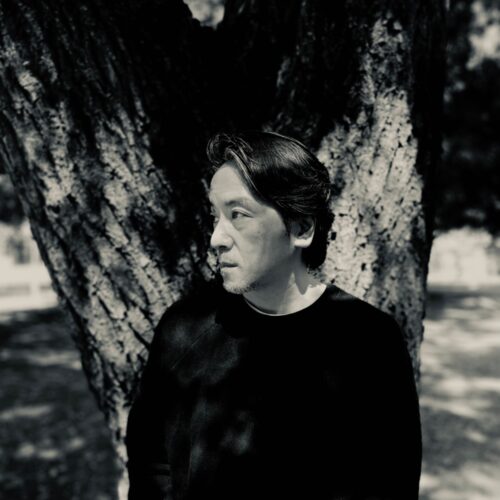
This is Michiharu Shimoda’s solo project. Debuting in 1992, he has built his own musical world with cinematic sounds based on dub and breakbeats. Released by overseas labels and gaining worldwide recognition. After suspending activities in 2005, he established his own label in 2013 and resumed activities. A track from his 2018 album ‘dawn’ was used in the game ‘DEATH STRANDING’, drawing worldwide attention again. In 2025, he releases ‘HOPE’, his first album in 7 years. This work, themed on “hope” in a modern era swirling with conflicts and social unrest, was created in collaboration with diverse artists from Japan and abroad. It’s a work containing messages of setback and rebirth, resistance to society and solidarity.
Writer: Tomohiro Yabe (yabori)
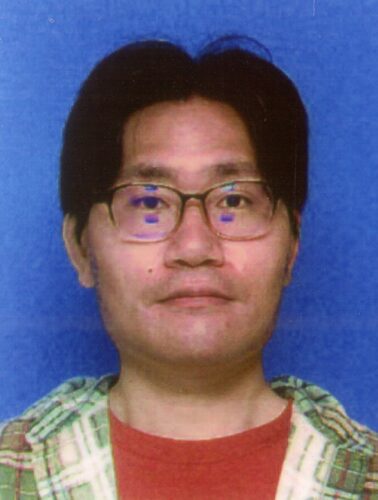
Editor-in-Chief of BELONG Media/A-indie. Started writing a music blog “Timeless Masterpiece” in 2010, which became the predecessor of BELONG.
After writing for “only in dreams” hosted by ASIAN KUNG-FU GENERATION’s vocalist Masafumi Gotoh, he studied music business at a music vocational school.
Has been writing about Japanese and international music for over 10 years.
Previously worked at a music CD rental shop with over 100,000 album titles, specializing in garage rock, psychedelic rock, and Japanese indie rock.
Using these experiences, he has published 26 issues of “BELONG Magazine,” a music magazine focused on “roots rock.”
Currently writing articles based on SEO strategies learned at a web development company. His hobby is watching “Kaiken! Nandemo Kantei-dan.”
You can find his previous articles here
Twitter: @boriboriyabori

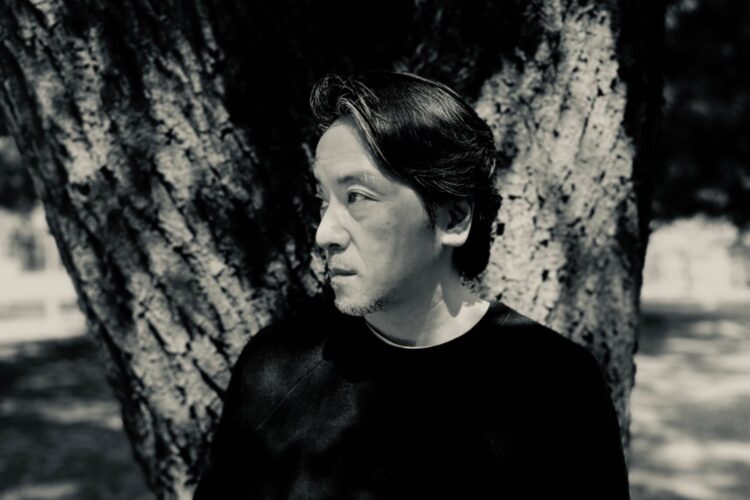
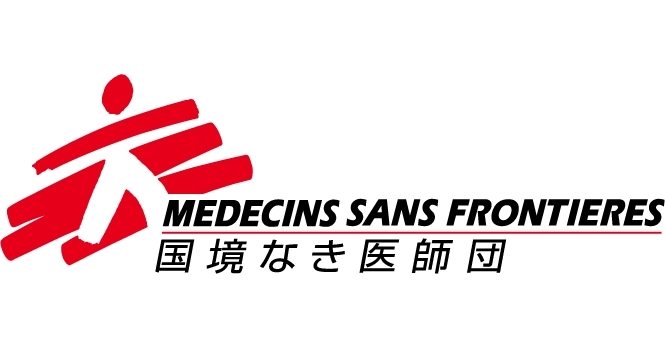
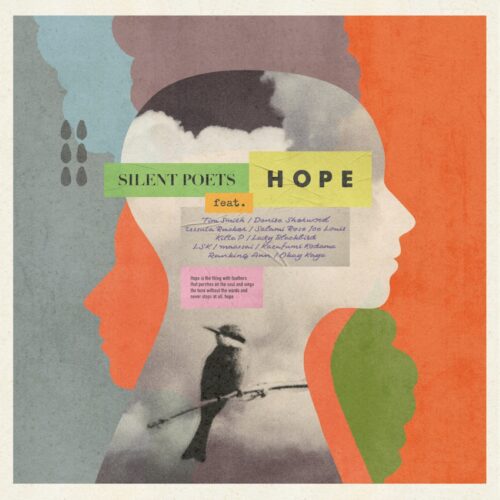
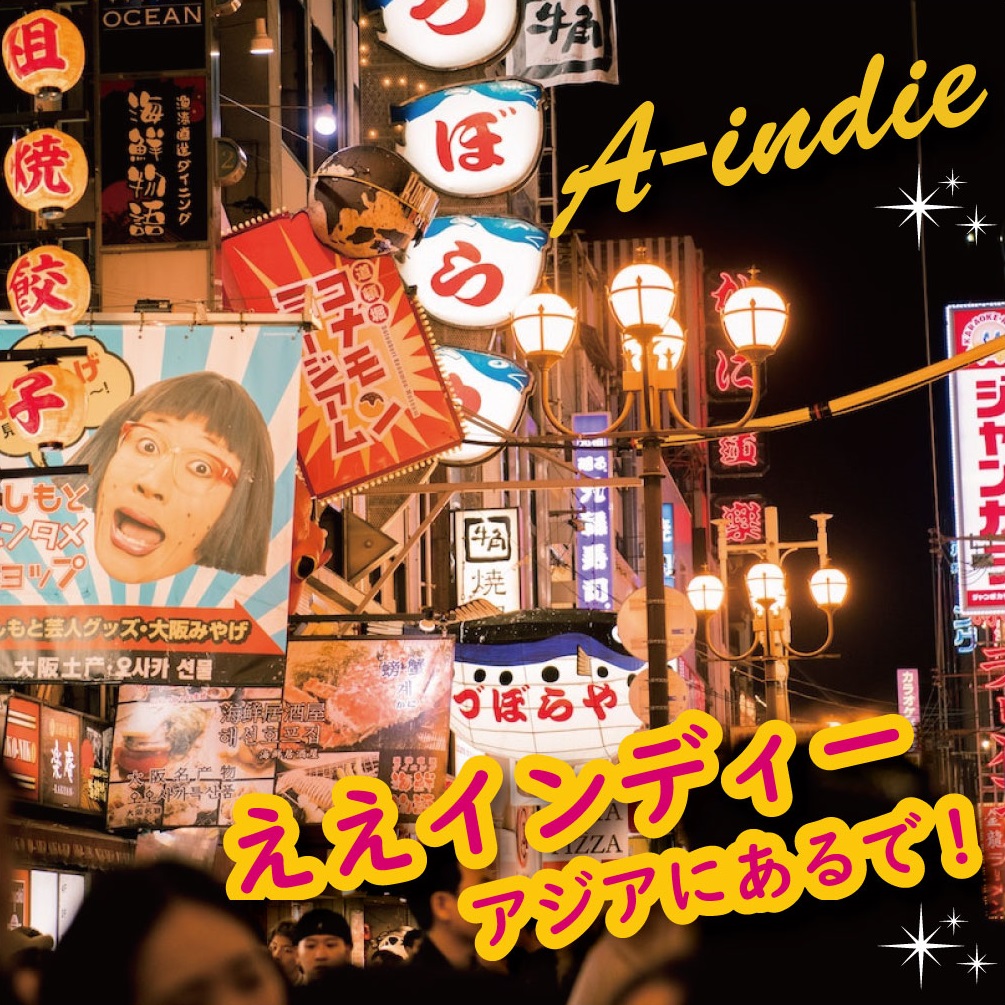

 - is a music media platform run by BELONG, a Japanese music organization. We publish music articles with a focus on indie music.
- is a music media platform run by BELONG, a Japanese music organization. We publish music articles with a focus on indie music.